
Stranded or Solid Conductor: Which One is Right for Your Application?
In the world of electrical and electronic systems, the choice between stranded and solid conductors is more than just a technical detail—it’s a fundamental decision that impacts performance, durability, and cost-effectiveness. Whether you’re designing complex machinery, installing network infrastructure, or working on simple electrical projects, understanding the differences between these two conductor types is essential for optimal results. This guide
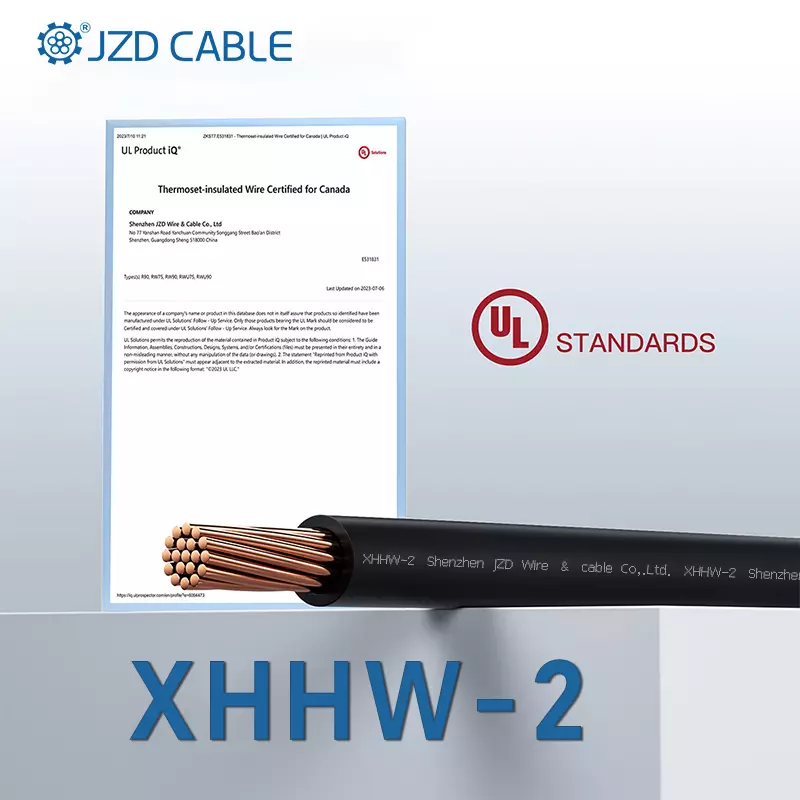
Copper or Aluminum XHHW-2? How to Choose the Optimal Conductor for Your Electrical Project
When selecting electrical cables for your projects, the choice between copper and aluminum conductors is one of the most critical decisions you’ll face. XHHW-2 cable, with its cross-linked polyethylene (XLPE) insulation, represents a premium wiring solution that’s available in both conductor types. Understanding the differences between copper and aluminum XHHW-2 isn’t just about cost—it’s about performance, safety, and long-term reliability.
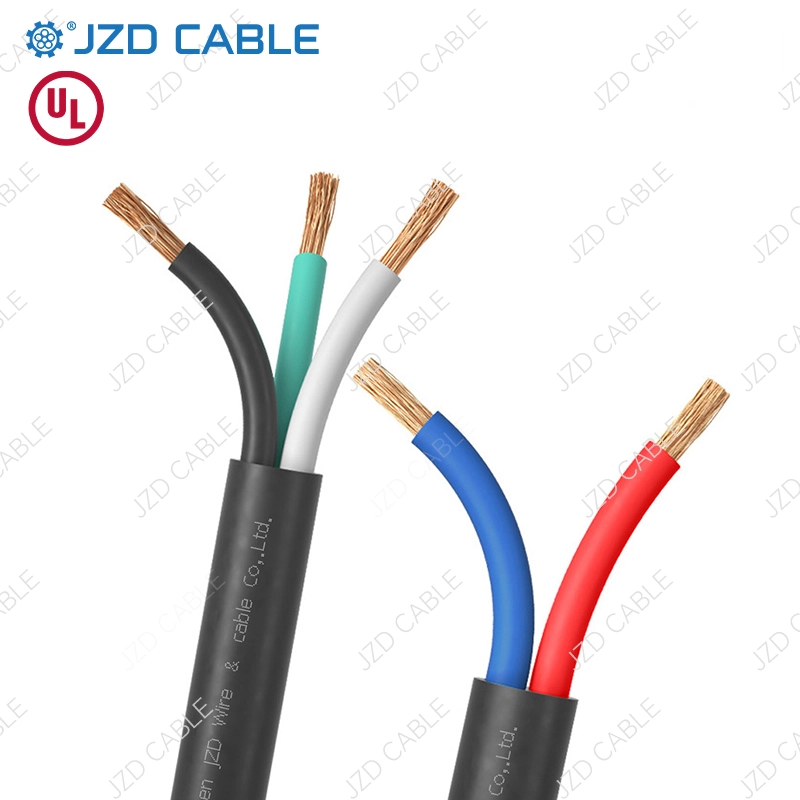
How Can SJOOW Cable Solve Your Toughest Garden Wiring Challenges?
When it comes to powering your garden oasis or backyard retreat, using the right electrical cable is crucial for both performance and safety. SJOOW cable, a durable and flexible outdoor-rated portable cord, is an excellent choice for a variety of outdoor electrical needs. This guide will explore why SJOOW is so well-suited for garden and yard applications and how to
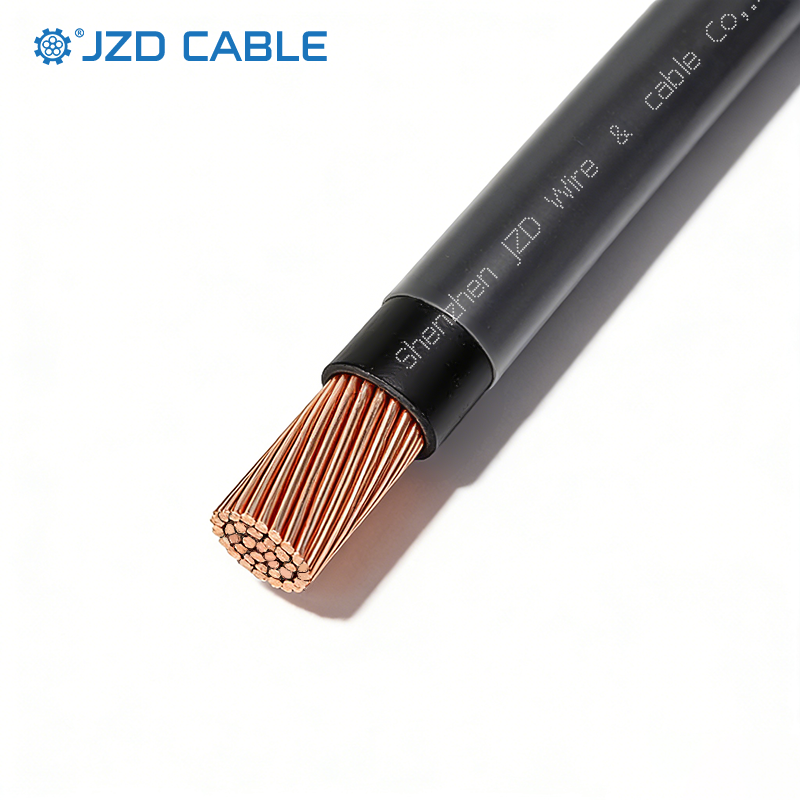
THHN Cable Applications in Power Distribution Cabinets and Control Boxes
THHN (Thermoplastic High Heat-Resistant Nylon-coated) cable is a staple in industrial electrical systems, particularly within power distribution cabinets and control boxes. Its unique properties make it exceptionally suited for environments where space, heat, and exposure to contaminants are concerns. This article delves into the specific applications and advantages of THHN cables in these critical settings. What is THHN Cable? THHN
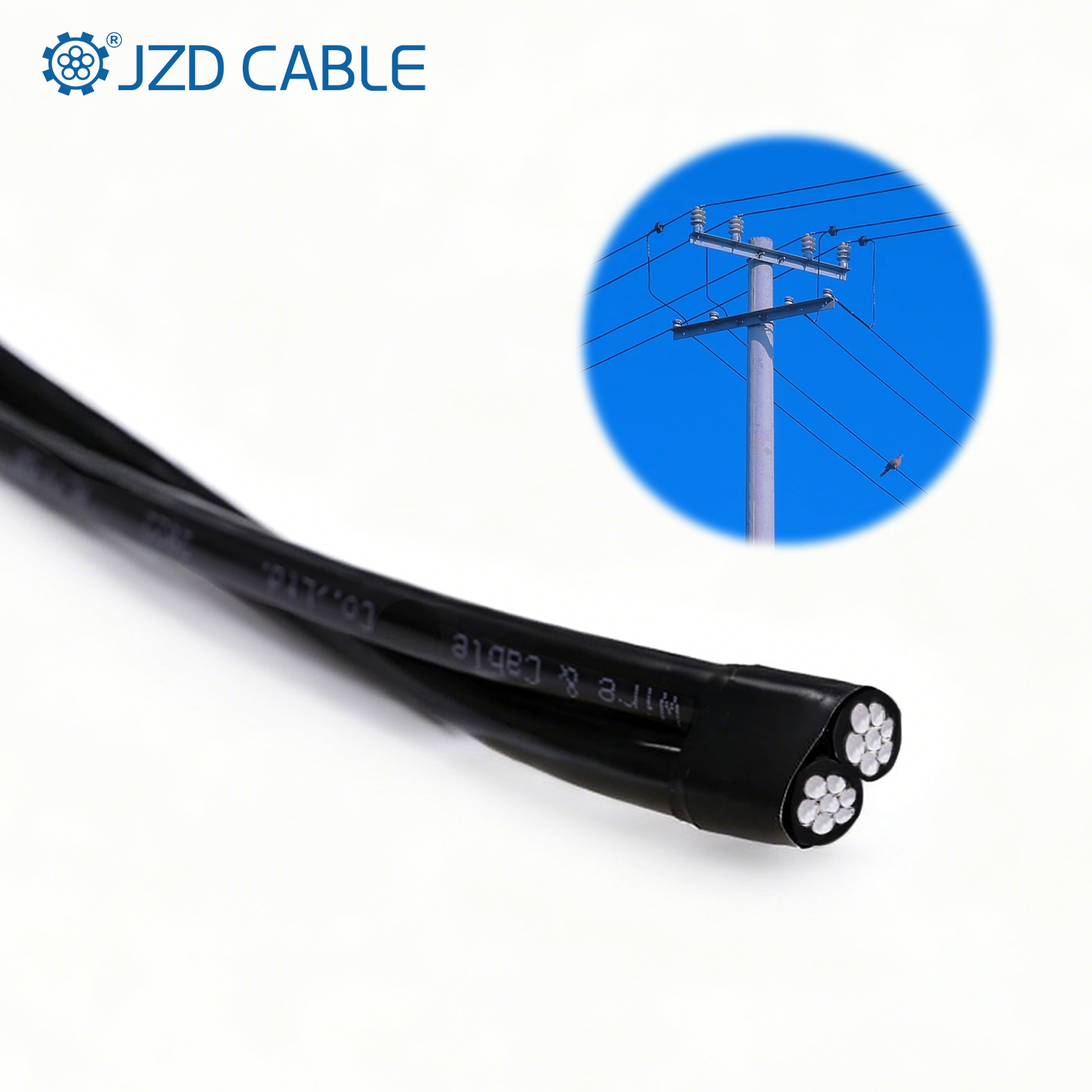
Aerial Insulated Cable vs. Bare Overhead Conductor: Which Is Right for Your Project?
When planning an overhead power distribution system, one of the most critical decisions is choosing between aerial insulated cables and traditional bare overhead conductors. Each option offers distinct advantages and limitations, depending on the application environment, safety requirements, and long-term operational costs. In this article, we break down the key differences to help you make an informed choice. What Are
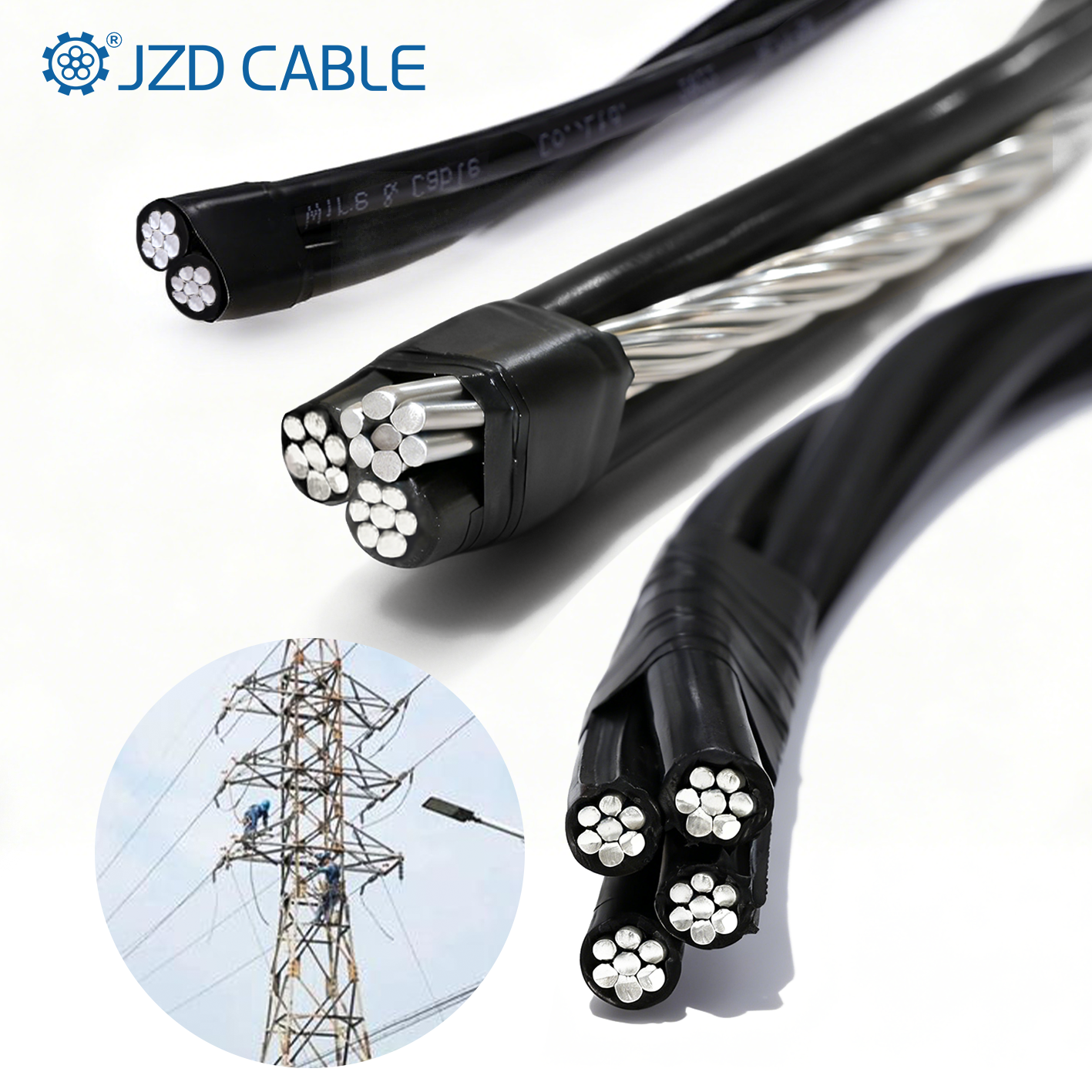
What Makes ABC Cable the Ultimate Solution for Overhead Power Distribution?
ABC Cable (Aerial Bundled Cable) is a revolutionary solution designed for low- to medium-voltage overhead power distribution systems. Combining lightweight construction, enhanced safety, and cost-effectiveness, ABC Cable is widely used in both urban and rural settings where traditional bare conductors face limitations. This blog explores its features, applications, and best practices for selection, highlighting why ABC Cable is a superior


